The Big Cat Public Safety Act was Introduced in 2019 to put an end to the ownership of big cats as pets and to stop cub petting and photo exploitation.
There are thousands of privately owned big cats (lions, tigers, cougars, leopards, cheetahs and jaguars) around the country. Many of these cats live in extremely degraded and inhumane conditions.
For more than a decade various U.S. wild cat conservation organizations have been working to stop big cat private ownership and abuse.
The Big Cat Public Safety Act H.R. 1380 – 116th Congress (2019-2020)
H.R. 1380 was a U.S. bill to regulate the private ownership of big cats such as lions, cheetahs, leopards, cougars, jaguars, tigers and other prohibited wildlife species. It had a very narrow focus on privately owned animals, with exemptions for zoos that meet specific standards of care, animal sanctuaries and universities.
The bill was initially introduced during the 115th Congress (2017-2018) to prevent the breeding or possessing of big cats and other prohibited wildlife species. It was re-introduced to the U.S. House of Representatives (H.R. 1380) on February 25, 2019 by U.S. Representatives Mike Quigley and Brian Fitzpatrick.
““From irresponsible breeding to inhumane living conditions and public exploitation, the mistreatment of big cats comes in a variety of forms,” said Representative Quigley in a February 26, 2019 press release. “By introducing the Big Cat Public Safety Act, we are working to address a serious issue that causes immeasurable animal suffering and introduces inexcusable threats to human safety. State laws regarding private ownership of big cats are inconsistent or nonexistent, which is why a uniform federal law is necessary to end this dangerous industry once and for all.”
- Existing owners could keep their pets but, once the bill was passed, big cats could no longer be privately owned.
- It ended the practice of allowing the public to pet cubs and take photos.
- Fines and Penalties. Anyone who violated the law would face up to $20,000 in fines and up to 5 years in prison.
The Big Cat Public Safety Act H.R. 263 – 117th Congress (2020-2021)
Introduced in the U.S. House or Representatives on January 11, 2021 by Representative Mike Quigley, this bill revises requirements governing the trade of big cats (lion, tiger, leopard, cheetah, jaguar, or cougar or any hybrid of such species). Specifically, it revises restrictions on the possession and exhibition of big cats, including to restrict direct contact between the public and big cats. It amends the Lacey Act of 1981.
The bill was referred to the Subcommittee on Water, Oceans and Wildlife on February 18, 1921. It has 242 co-sponsors.
The Big Cat Public Safety Act become law on December 20, 2022.
Public Law No: 117-243 (12/20/2022)
Big Cat Public Safety Act
This act revises requirements governing the trade of big cats (i.e., species of lion, tiger, leopard, cheetah, jaguar, or cougar or any hybrid of such species) under the Lacey Act to limit the possession, breeding, and exhibition of big cats. The Lacey Act prohibits any person from importing, exporting, buying, selling, transporting, receiving, or acquiring big cats across state lines or the U.S. border. However, some exemptions are provided for certain entities, such as universities and wildlife sanctuaries.
(Sec. 3) The act expands the Lacey Act prohibitions to include a prohibition on possessing or breeding big cats. Breeding means facilitating propagation or reproduction (whether intentionally or negligently), or failing to prevent propagation or reproduction. Owners of big cats that were born before this act’s enactment may keep their big cats, but the owners must register them with the U.S. Fish and Wildlife Service.
The act modifies the list of entities that are exempt from prohibitions to export, buy, sell, transport, receive, acquire, possess, or breed big cats. The modified list includes exemptions for entities or facilities exhibiting animals to the public if they (1) hold a Class C license in good standing under the Animal Welfare Act, and (2) do not allow individuals to come into direct physical contact with big cats. However, direct contact is allowed if the individual is a trained professional, a veterinarian, or directly supporting conservation programs that do not involve commercial activities and meet other specified restrictions.
(Sec. 4) A person who knowingly violates the act must be fined not more than $20,000, or imprisoned for no more than five years, or both. The act considers each violation to be a separate offense. The offense must be deemed to have been committed not only in the district where the violation first occurred, but also in any district in which the defendant may have taken or been in possession of the prohibited wildlife species.
(Sec. 5) The act extends forfeiture provisions to fish, wildlife, or plants that are bred or possessed; thus, big cats bred or possessed in violation of the act are subject to forfeiture.
(Sec. 6) The Department of the Interior must issue regulations to implement this act.
Download the Big Cat Public Safety Act.
“The Big Cat Public Safety Act was enacted December 20, 2022, to end the private ownership of big cats as pets and prohibit exhibitors from allowing public contact with big cats, including cubs. It placed new restrictions on the commerce, breeding, possession, and use of certain big cat species. In order to continue to legally possess privately owned big cats, the Act required individuals or entities to register any big cat(s) that were in their possession before the date of enactment with the U.S. Fish and Wildlife Service (USFWS), unless another exception of the Act applies. This registration had to occur no later than June 18, 2023, which was 180 days after the date of enactment. (Registration is now closed.)” – U.S. Fish & Wildlife Service
What are your thoughts about the Big Cat Safety Act? Leave a comment below.

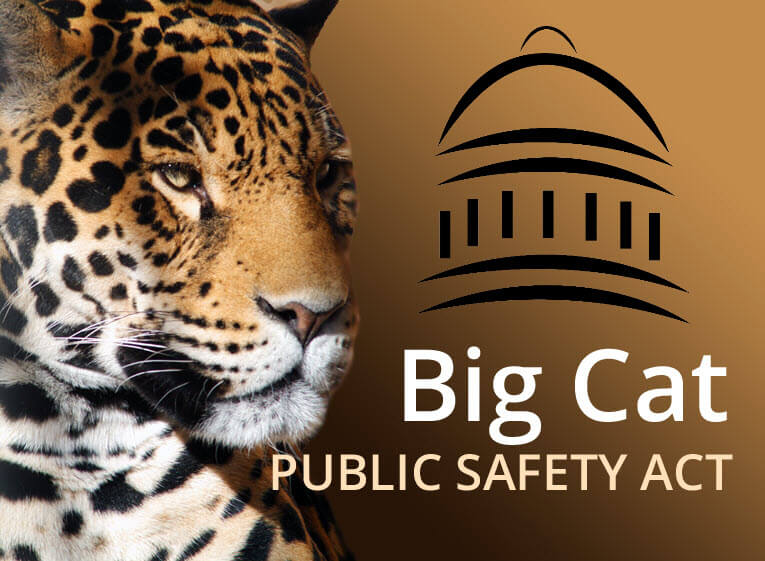
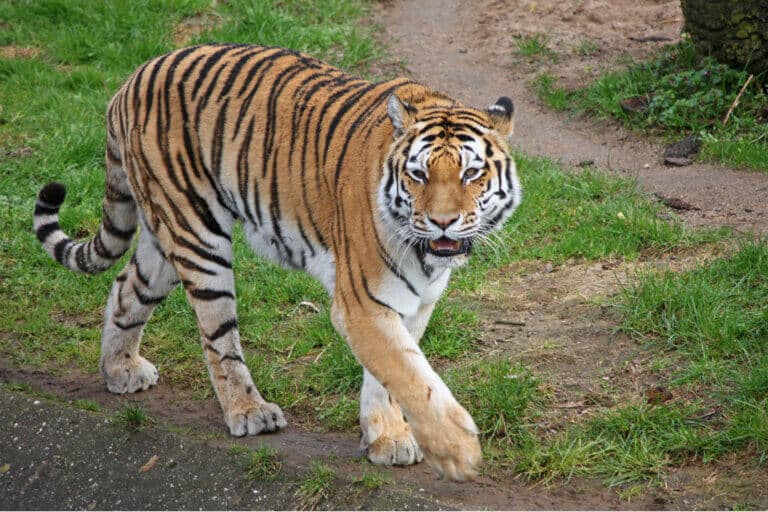
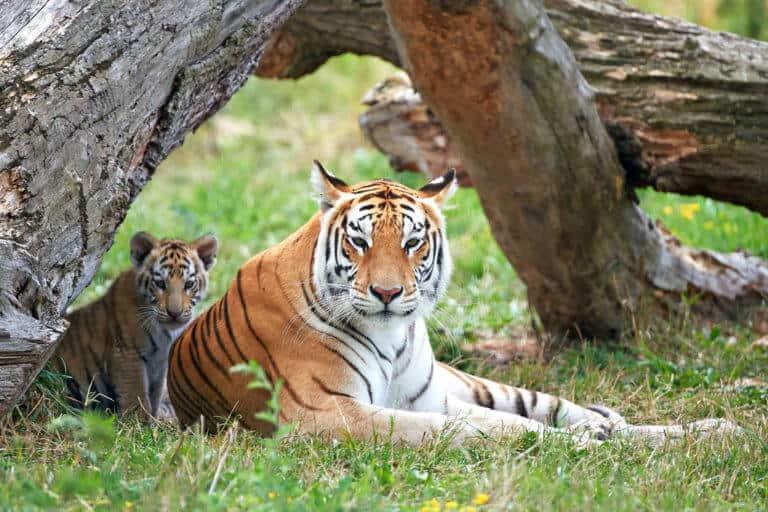
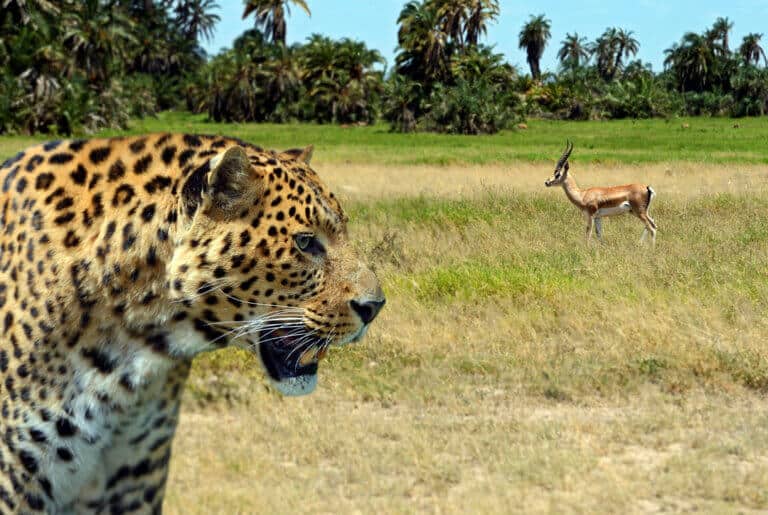

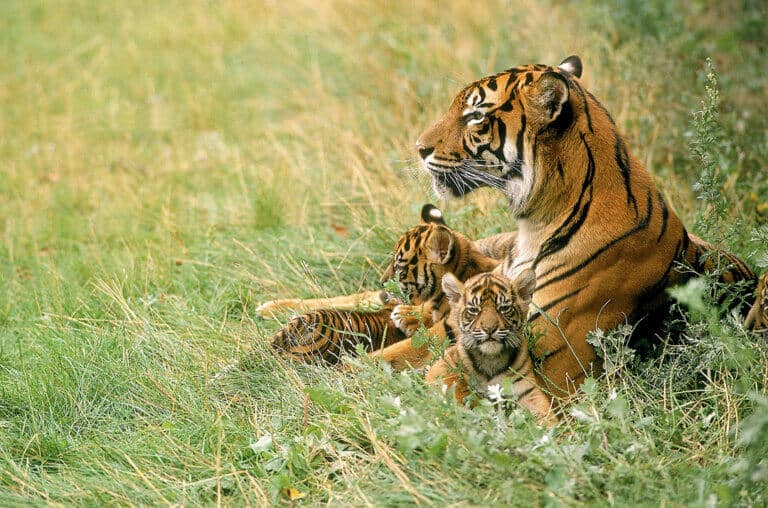
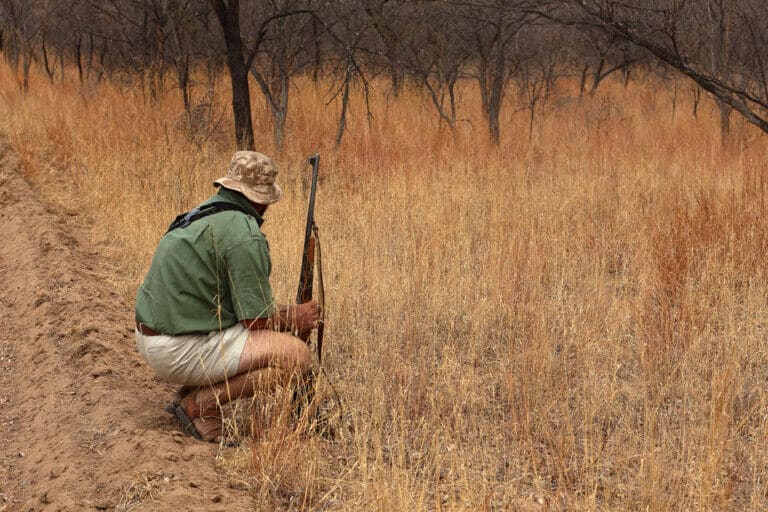
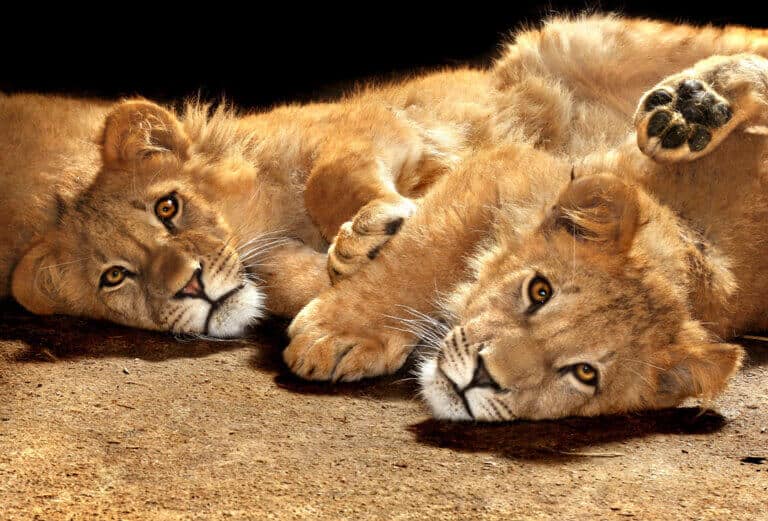
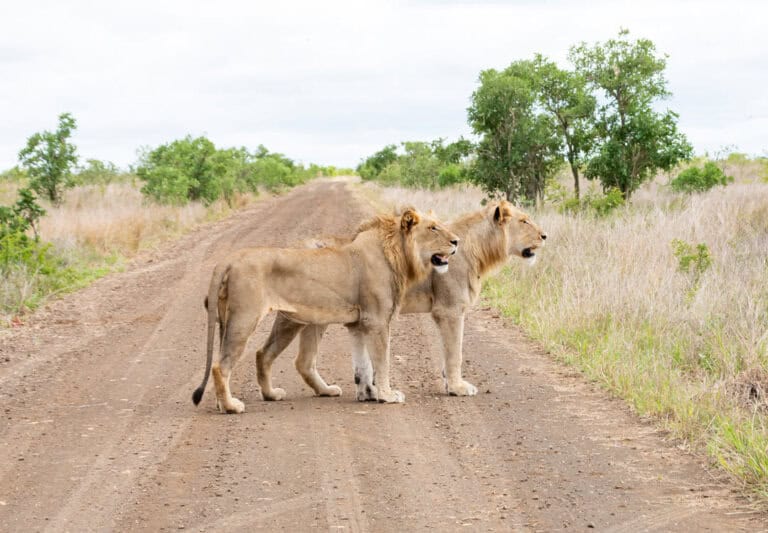
Not all facilities are poorly operated. Panther Ridge is a smaller facility that takes in cats that no where else to go. It was top rated by Insider.com in Florida. Poorly run or e positive operations should forced to higher standards or then possibly closed.